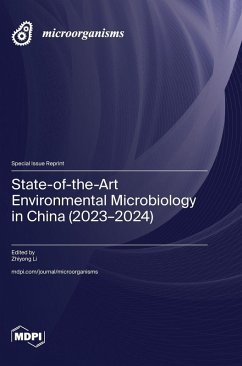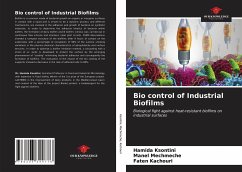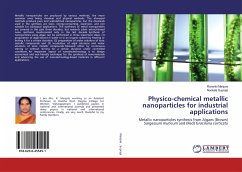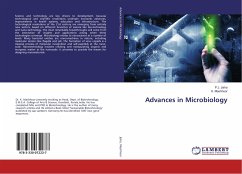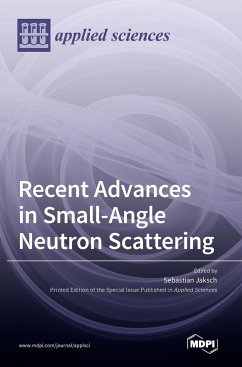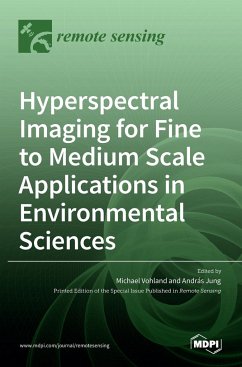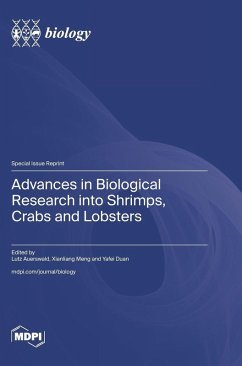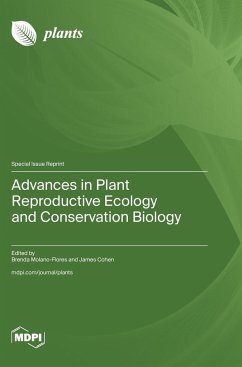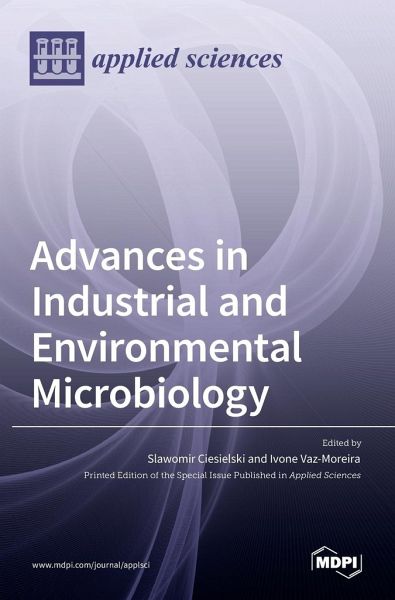
Advances in Industrial and Environmental Microbiology
Versandkostenfrei!
Versandfertig in 1-2 Wochen
43,99 €
inkl. MwSt.

PAYBACK Punkte
22 °P sammeln!
The development of civilization entails the need to find new technological solutions leading to products with new properties. Allies in these efforts are microorganisms that have developed skills to synthesize products with properties of interest to the industry, environmental remediation or water treatment. The evolution of the omics approaches brought new tools to explore the microbial diversity and microorganisms' potential. These new methodological approaches are readily used in both industrial and environmental microbiology. This Special Issue collects research papers as well as review ar...
The development of civilization entails the need to find new technological solutions leading to products with new properties. Allies in these efforts are microorganisms that have developed skills to synthesize products with properties of interest to the industry, environmental remediation or water treatment. The evolution of the omics approaches brought new tools to explore the microbial diversity and microorganisms' potential. These new methodological approaches are readily used in both industrial and environmental microbiology. This Special Issue collects research papers as well as review articles addressing recent advances on applied and environmental microbiology. The review articles critically discuss the importance of biopolymers, specifically xanthan gum, to improve soil properties and the importance that microorganisms of poorly explored environments, such as caves, may have in the production of new bioactive compounds. The microbiological aspects of wastewater treatment and occurrence of antibiotic resistance genes in wastewater and sludge are studied in two research papers. These works demonstrate the effect that treatment conditions may have in the modulation of the water bacterial communities and how treated wastewater may impact the receiving environment in terms of pollution with antibiotic resistance genes. Additionally, the influence that an invasive species (alligator weed) may have on wetlands organic matter accumulation and bacterial communities was studied, being demonstrated that the presence of the invasive weed affects the wetland microhabitat both in terms of organic matter content and bacterial communities structure..




